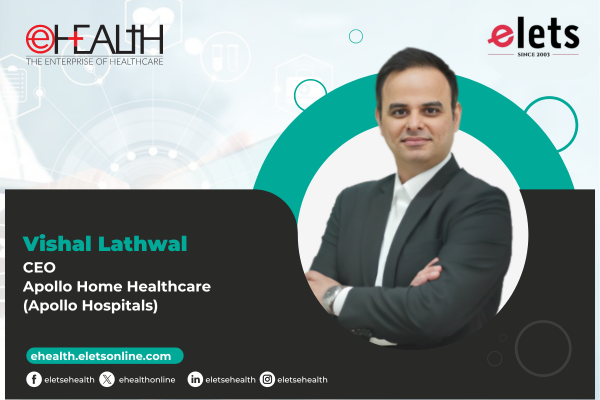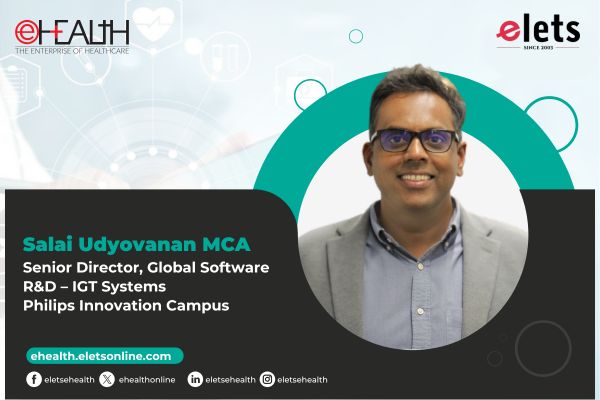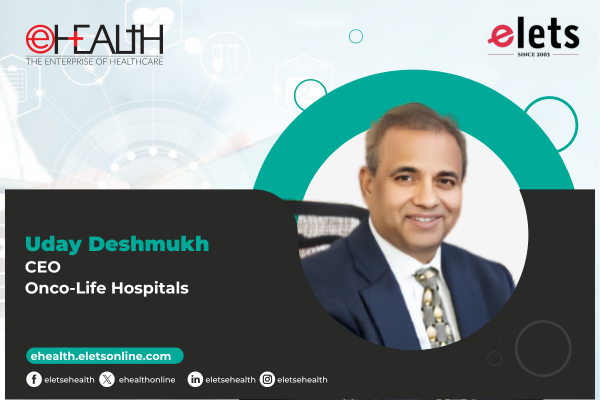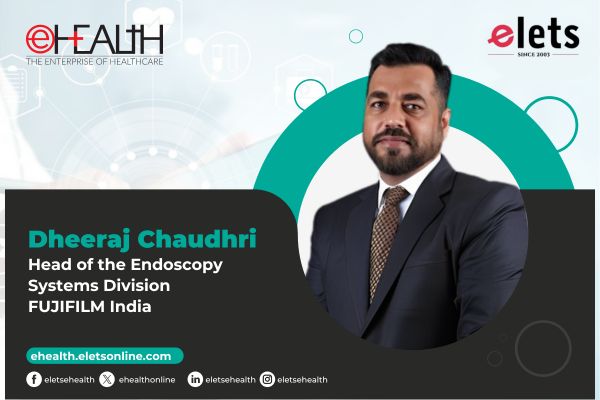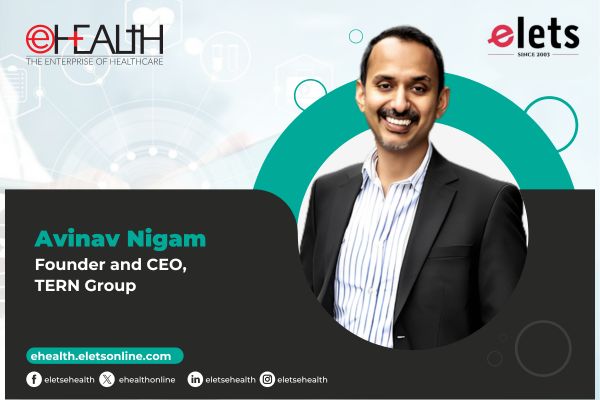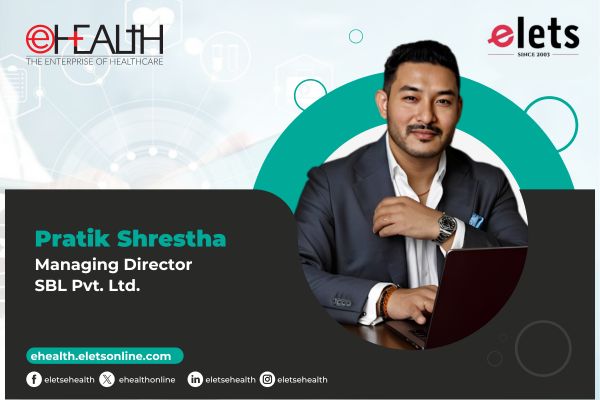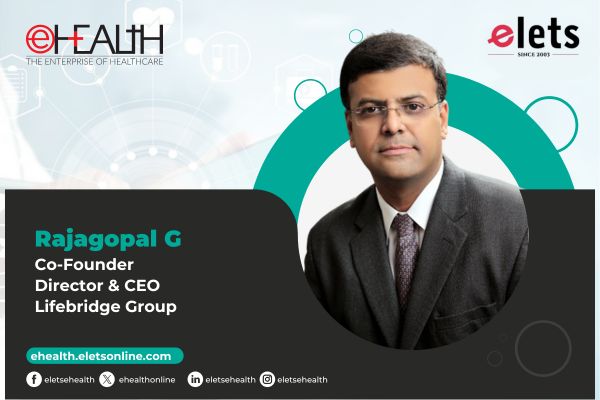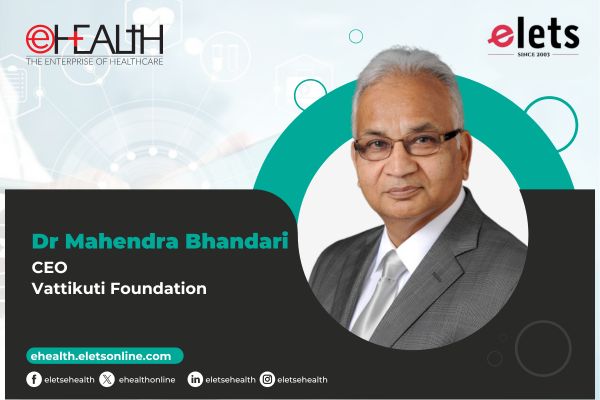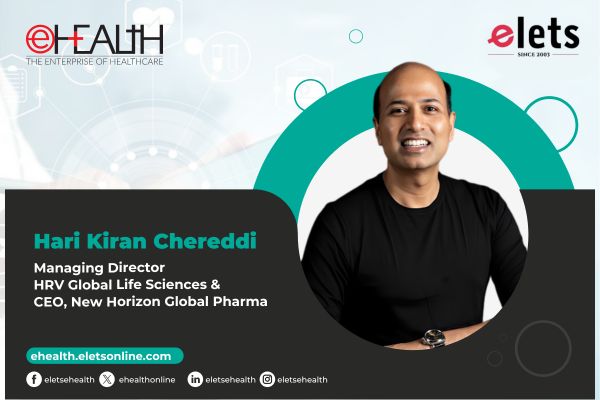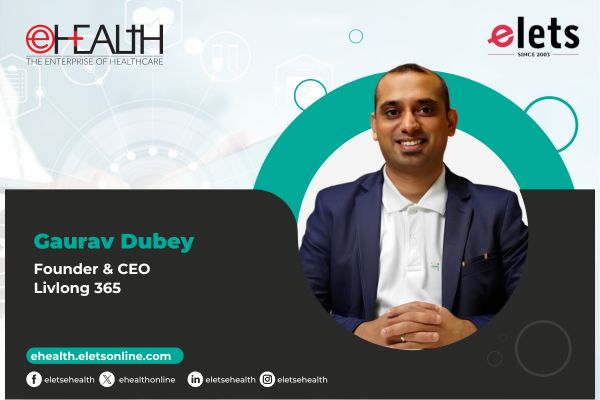
Technologies and innovative practices have been enhancing patient care like never before. To cater people quality healthcare facilities, Medimojo adopts modern-day technologies including Big Data Analytics and Artificial Intelligence (AI), says Shikha Suman, Founder & CEO, Medimojo, in an interview with Elets News Network (ENN).
Q How do you analyse 2018 in terms of new initiatives (technology and innovations) in healthcare space?

2018 has been a great year in terms of adoption of new technologies by healthcare providers. We have seen growth of many digital companies this year in telemedicine, point of care technologies and big data analytics. Genomics is another area which has witnessed tremendous growth this year.

Q How do you view Medimojo’s contribution in healthcare sector in 2018?

Medimojo is into hyper personalised patient engagement solution, which leverages big data analytics and AI in healthcare. As a startup, we observed initial success in 2018. We have few hospitals and diagnostics chains using our product to plug their revenue leakage and increase their retention and footfall. Our product has helped providers to increase the revenue up to 18 percent.

Q In the light of increasing role of technological advancements and innovations in healthcare delivery, what are you plans for 2019?
We are looking forward to 2019 in terms of technology advancements in healthcare. We are constantly innovating and adding to our product line to bring in more and more AI components to better understand the patient pathways and patient characteristics. Personalisation will be used in both treatment and medicine. All patients are not same and their healthcare requirement also varies. We are using AI to understand and predict this for the advancement of healthcare delivery.
Q How do you perceive growth of Indian healthcare market in 2019? Tell us about your expansion plan this year.
India’s healthcare industry is one of the fastest growing sectors and is expected to reach $280 billion by 2020. The country has also become one of the leading destinations for high-end diagnostic services with tremendous capital investment for advanced diagnostic facilities, thus catering to a greater proportion of population.
Besides, the Indian medical service consumers have become more conscious towards their healthcare upkeep.
Under our expansion plan in 2019-20, we aim to add 100 providers in next two years providing personal healthcare to 10 million patients. We are collaborating with various large and mid-size players in Laboratory Information Management System (LIMS) and Hospital Information Management System (HIMS) space for an integrated delivery.
Q Shed some light on your major focus areas in context of rising demand of quality, affordable and personalised healthcare from people at large.
Our product line at Medimojo is built around these major variables – quality, affordability and personalisation. We make available easy to install and affordable SaaS (Software as a Service) based platform to providers. They don’t need to spend huge money on buying the software and clouds. The platform uses cutting edge tools in collaboration with IBM for making healthcare extremely personalised for the patients.
Q Technologies have enhanced patient care in unprecedented manner. Can you list out some technologies which will pave the way to transform healthcare sector in 2019?
The healthcare landscape is witnessing exponential growth globally. India is also not lagging behind in the adoption of these technologies. The following five technologies are expected to have far-reaching implications in terms of diagnostics, treatments and delivery of care in the future.
Personalised Patient Engagement
The personalised patient engagement market for healthcare applications is expected to be adopted globally in rapid manner, with a CAGR of 21 percent until 2021. Excellent patient outcomes, patient stickiness and satisfaction, patient-centric treatment plans, increase revenue are the prime reasons for the wide adoption and successive growth of the personalised patient engagement market in the healthcare industry.
Personalised Medicine
The practice of medicine has always been based on evidence. Health centres are at an advantage in the present times. There is a host of diagnostic techniques available that allows them to make faster and more accurate diagnosis. This will further spur personalisation for patients in 2019.
Smart Hospitals
According to a recent survey, approximately 94 percent of healthcare executives state that they plan to implement smart technology in their organisations to enhance patient care. Health clinics are widely using robots that can monitor a patient without a human provider being present in the room. Technology has alleviated some of the pressure on healthcare providers.
Smart technology comes in varied forms to increase comfort, efficiency and decrease risks. Hospitals in few countries have started using self- adjusting smart beds that adjust itself to the correct pressure and support for each patient’s preferences and condition. Smart devices and applications will continue to play a key role to strengthen healthcare delivery system.
Augmented Reality (AR) & Virtual Reality (VR)
Both technologies have shown exciting signs of potential, ranging from their ability to help patients suffering from anxiety all the way to allowing trainee doctors to practice critical procedures.
Augmented Reality specifically is really beginning to make its mark. Early adopters within healthcare are reaping the rewards of implementing AR across their products and collateral.
The role of Augmented Reality will keep increasing in coming years. It is becoming one of the strongest applications in medical training.
IOT & Connected Care Devices
With the global IoT healthcare market to reach over $160 billion by 2020, industrial IoT seems like a game-changer for the healthcare industry. Healthcare industry has become more profound than ever due to increased competition among healthcare service providers capable of leaving a global footprint and price pressure in regulated markets. With a cost reducing mentality of payers fabricated by the recent recession, companies need to innovate to survive in the market. From personal fitness and wellness sensors to surgical robots, IoT is bringing in innovative new tools paving way for more integrated healthcare. With IoT, companies can recast and revolutionise patient healthcare. With our growing dependency on technology, IoT provides convenience and penny- pinching solutions for the patient, payer, and healthcare professional.
Be a part of Elets Collaborative Initiatives. Join Us for Upcoming Events and explore business opportunities. Like us on Facebook , connect with us on LinkedIn and follow us on Twitter , Instagram.
"Exciting news! Elets technomedia is now on WhatsApp Channels Subscribe today by clicking the link and stay updated with the latest insights!" Click here!






